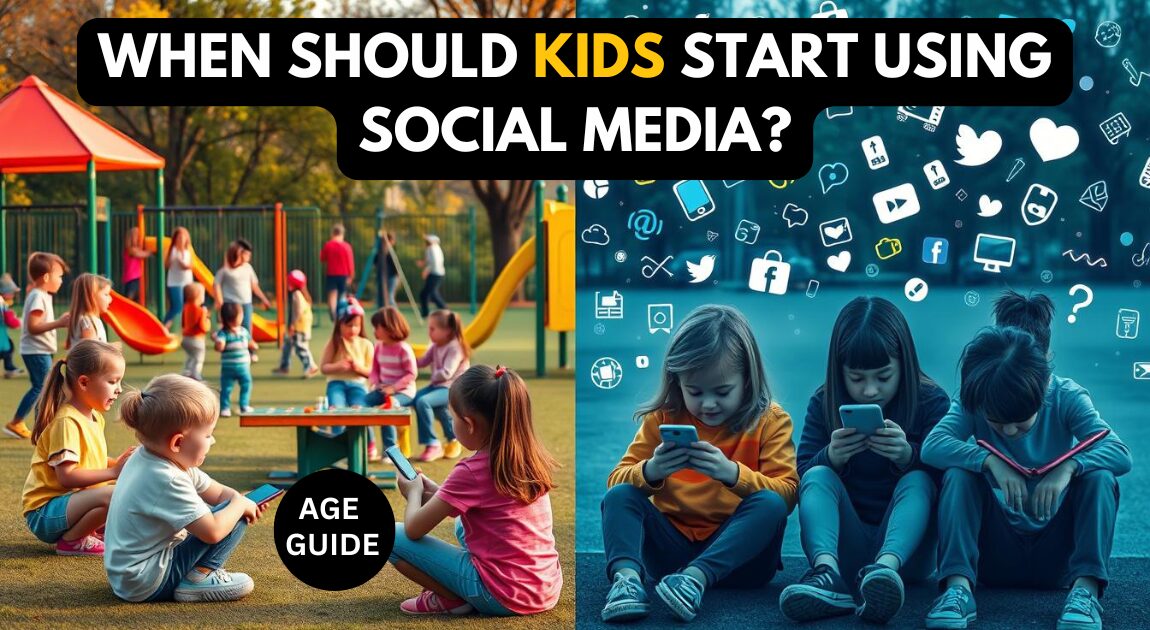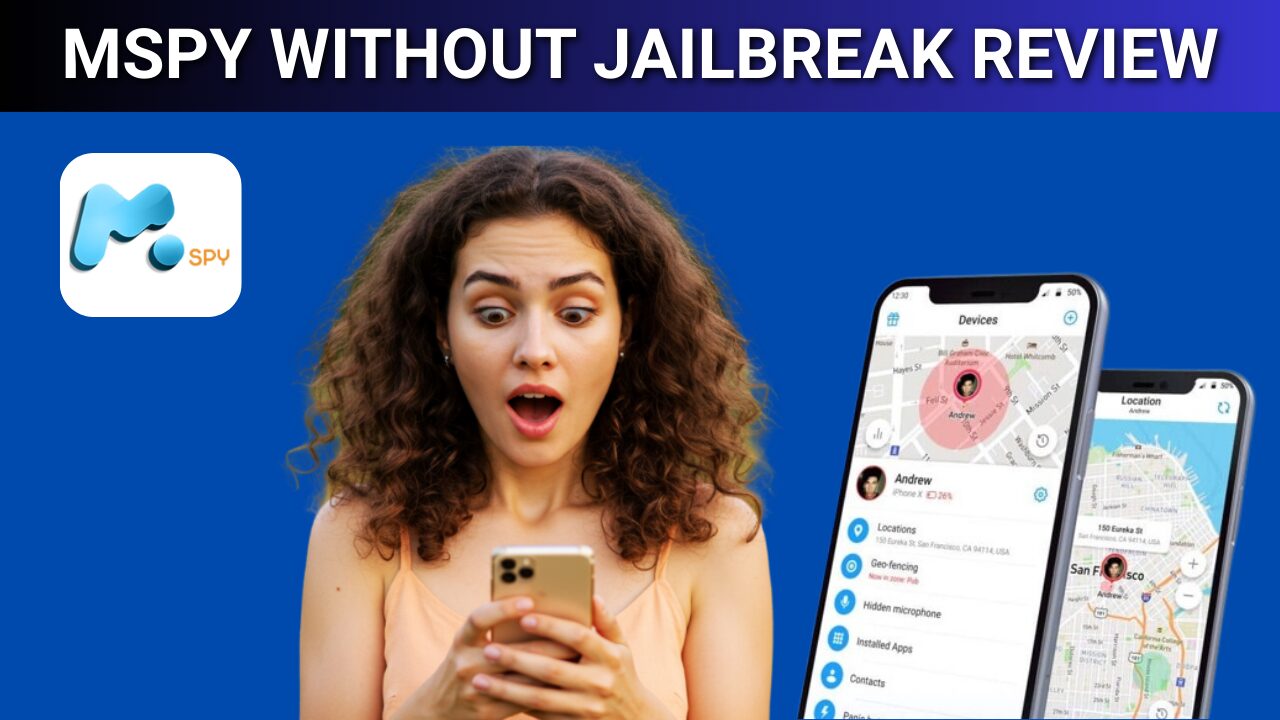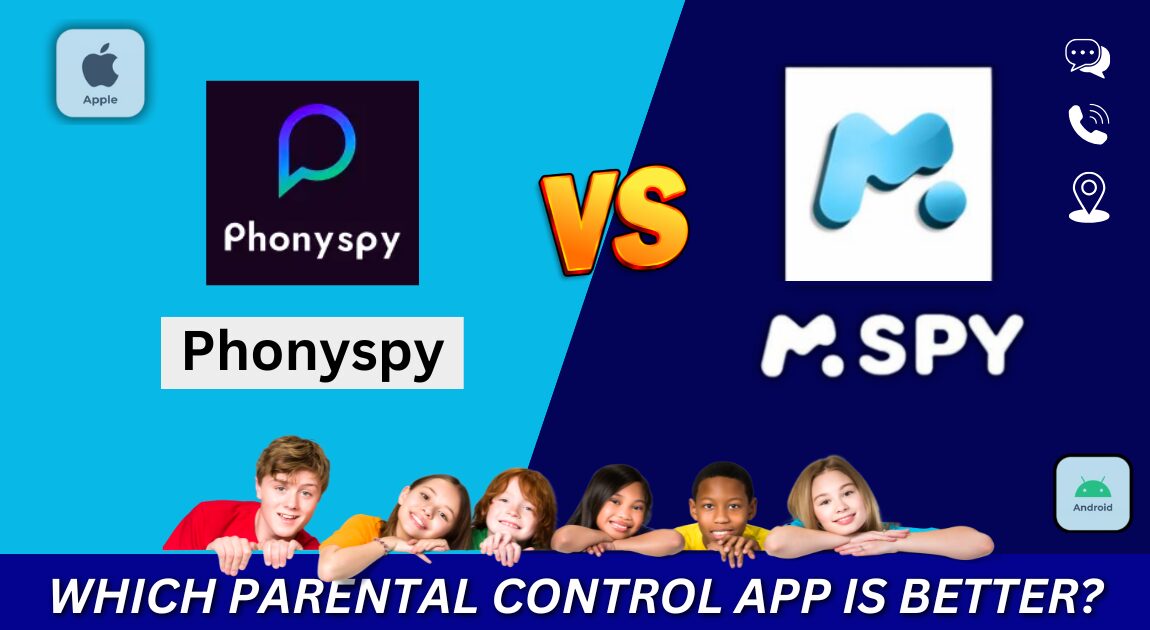As a parent, I face many challenges in today’s digital world. One big question is, “When is the right time for my child to start using social media?” This choice is important and needs careful thought. I’ll share expert advice, safety tips, and practical advice to help you and your kids navigate social media.
Key Takeaways
- Determining the right age for kids to use social media is a complex decision. It depends on their development, digital skills, and family values.
- Social media can be great for learning, talking, and expressing oneself. But, it also has risks like cyberbullying, privacy issues, and bad content.
- Experts say kids should start around 12-13 years old. But, it’s important to consider each child’s maturity and readiness.
- Setting clear rules, watching their use, and teaching them about digital safety are key. This ensures a good experience with social media.
- Talking to your kids about social media and involving them in decisions builds trust and responsibility.
Understanding Social Media’s Impact on Modern Childhood
The digital age has changed how young people experience the world. It’s important to look at how social media affects kids today. This includes how often they use it and the good and bad sides of being a digital native.
Current Social Media Usage Statistics Among Youth
Studies show that social media has a big impact on young people. A Pew Research Center survey found that 95% of teens in the U.S. have a smartphone. Also, 45% say they are online almost all the time. These numbers highlight how common digital skills are for kids today.
The Digital Native Generation: Benefits and Challenges
Children who grew up with social media are known as “digital natives.” They are good at using technology. But, they also face problems like bad online habits, cyberbullying, and mixing their online and real lives.
How Social Platforms Shape Child Development
Social media’s effect on kids is complex. It can offer chances for creativity and making friends. But, it can also hurt their feelings, how they see themselves, and how they view the world.
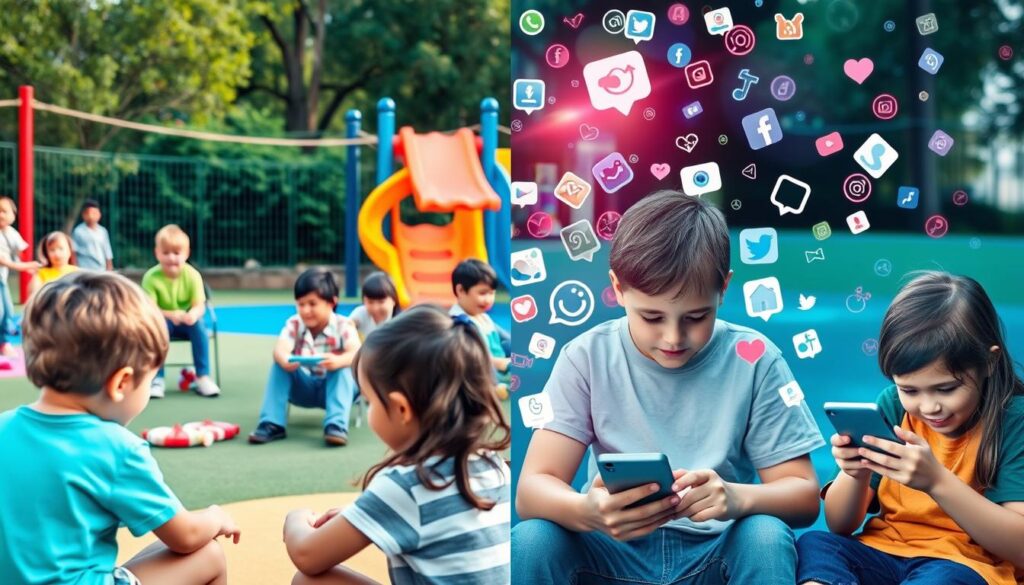
“The digital age has transformed the childhood experience, presenting both exciting possibilities and new challenges that we must navigate with care and intention.”
What Is the Appropriate Age for Kids to Use Social Media
Parents and experts are debating when kids should start using social media. It’s important to consider several factors before deciding. This includes the child’s age and their readiness for the digital world.
Experts say kids should start using social media around 13 years old. At this age, they are more mature and can handle online interactions better. They also understand the risks of social media.
- Younger kids might not have the skills to use social media wisely.
- The teenage years are key for figuring out who they are. Social media can affect their self-esteem and how they interact with others.
- Starting too early can mess with their emotional and social growth.
But, the right age can vary for each child. It depends on their maturity and how much guidance they get from parents. Some kids might be ready earlier, while others need more time.
“The right age for social media depends on the child’s emotional smarts, digital skills, and family support.” – Child Psychologist, Dr. Emma Williamson
Deciding when a child can use social media should be a careful choice. It’s about what’s best for them. Knowing the risks and how they develop helps parents guide them safely into the digital world.
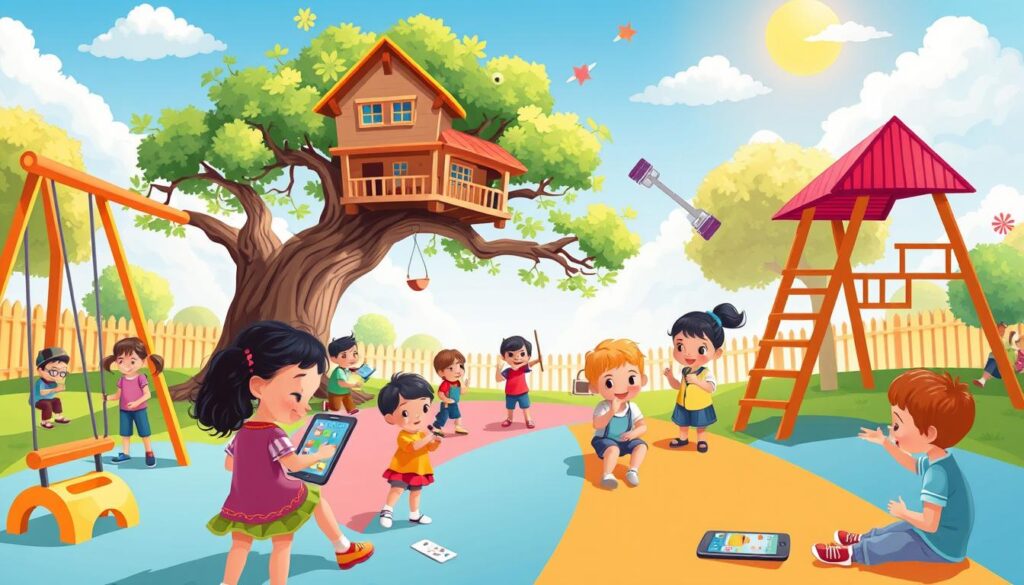
| Age Range | Recommended Social Media Usage |
|---|---|
| Under 13 years old | Avoid social media use, focus on offline activities and real-world social interactions. |
| 13-15 years old | Limited and supervised social media use, with a focus on digital literacy and responsible online behavior. |
| 16-18 years old | More independence in social media use, but ongoing parental guidance and monitoring to ensure healthy usage. |
Platform-Specific Age Restrictions and Guidelines
As parents, we know how important it is to guide our kids on social media. Each popular platform has its own rules to keep young users safe. Knowing these rules helps us make sure our kids use social media wisely.
Popular Social Apps and Their Age Requirements
Every social media site has its own age limit. For example, Facebook requires users to be 13 or older. Instagram and Snapchat also have a 13-year-old minimum. TikTok is a bit different, requiring 13-year-olds to get parental consent if they’re under 18.
Legal Framework for Social Media Usage by Minors
The laws about minors and social media are changing and complex. In the U.S., the Children’s Online Privacy Protection Act (COPPA) protects kids under 13. It demands parental consent for data sharing, keeping young users’ privacy safe.
Understanding Terms of Service for Young Users
Before our kids join social media, we must check the platform’s terms of service (ToS). These rules cover age limits, what content is allowed, and privacy settings. Knowing the ToS helps our kids understand their duties and the risks of breaking the rules.
Dealing with social media rules can be tough, but knowing them is vital. By grasping the legal and platform-specific guidelines, we can help our kids use social media safely and responsibly.
Signs of Social Media Readiness in Children
As a concerned parent, I know how vital it is to keep my child safe online. The digital world is full of learning and connection chances. But, it also has its own set of challenges that need careful thought. When is the right time to let my child explore social media? What signs show they’re ready to use it wisely?
To figure out if a child is ready for social media, I look for certain signs. Emotional maturity is key. Can my child handle their feelings and avoid acting impulsively online? Do they know the risks and what might happen because of their online actions?
- Emotional maturity and self-control
- Awareness of online risks and consequences
- Developed critical thinking skills
- Responsible digital citizenship
- Ability to seek help and guidance when needed
I also check if my child knows how to use social media safely. Can they tell real news from fake? Do they know how to keep their online presence positive and protect their personal info?
| Skill | Description |
|---|---|
| Critical thinking | The ability to analyze information, identify biases, and make informed decisions |
| Digital safety | Knowledge of privacy settings, cyberbullying prevention, and responsible sharing |
| Media literacy | Understanding the nature and purpose of online content, including advertisements |
By watching for these child online safety and digital literacy for kids signs, I can tell when my child is ready for social media. With the right help and support, I want to help them confidently and safely explore the digital world.
Essential Digital Literacy Skills Before Social Media Access
As a parent, I know how vital it is to teach my kids digital skills before they use social media. This helps keep them safe online and lets them explore the digital world with confidence.
Online Safety Fundamentals for Kids
First, I’ll teach my kids about online safety. They’ll learn to keep personal info private and avoid scams. This knowledge helps them stay safe and make smart choices online.
Understanding Digital Footprints
I’ll also teach them about digital footprints. They’ll see how their online actions can last forever. This lesson encourages them to think carefully about what they share online.
Critical Thinking in the Digital Age
In today’s world, critical thinking is key. I’ll help my kids question online sources and spot biases. This skill helps them make smart choices and avoid false information.
By focusing on these digital literacy skills, my kids will be ready for social media. They’ll stay safe and use the internet wisely. This prepares them to be digital citizens and enjoy the digital world responsibly.
Setting Healthy Boundaries and Usage Guidelines
As parents, we guide our kids’ social media use. It’s key to set clear rules for a healthy balance online and off. This helps our teens develop good habits for the future.
Start by talking openly with your kids about their social media habits. Know their interests, worries, and what they do online. This helps you set good rules together, like time limits and what’s okay to share.
- Set daily or weekly limits for social media to make time for homework, hobbies, and real-life talks.
- Make some places, like the dinner table or bedrooms, phone-free to improve family time.
- Talk about the importance of thinking before posting to protect their online image.
Also, look into parental controls on social media sites. These tools help you keep an eye on your kids’ online actions and stick to your rules.
| Platform | Parental Control Features |
|---|---|
| Screen Time, Daily Reminder, Mute, Restrict, and Hidden Words | |
| TikTok | Family Pairing, Screen Time Management, Restricted Mode |
| Snapchat | Family Center, Parental Controls, Snapchat Limits |
The aim is to find a balance between teens using social media wisely and letting them explore online. By working together, we help our kids develop good digital habits for life.
Mental Health Considerations for Young Social Media Users
The digital world is changing fast. It’s important to talk about how social media affects kids’ mental health. Understanding these effects helps us teach healthy online habits.
Recognizing Social Media Anxiety and Depression
Social media can lead to anxiety and depression in young people. Seeing perfect lives online can make them feel bad about themselves. It’s key to know these issues exist.
Building Digital Resilience in Children
Teaching kids to be strong online is crucial. We should teach them to think critically and balance their online and offline lives. This helps them stay strong against social media’s negative sides.
Maintaining Real-World Connections
Social media can be good for connections, but it’s important to keep a balance. Spending time with friends, doing sports, and hobbies offline helps. This reduces the bad effects of too much social media.
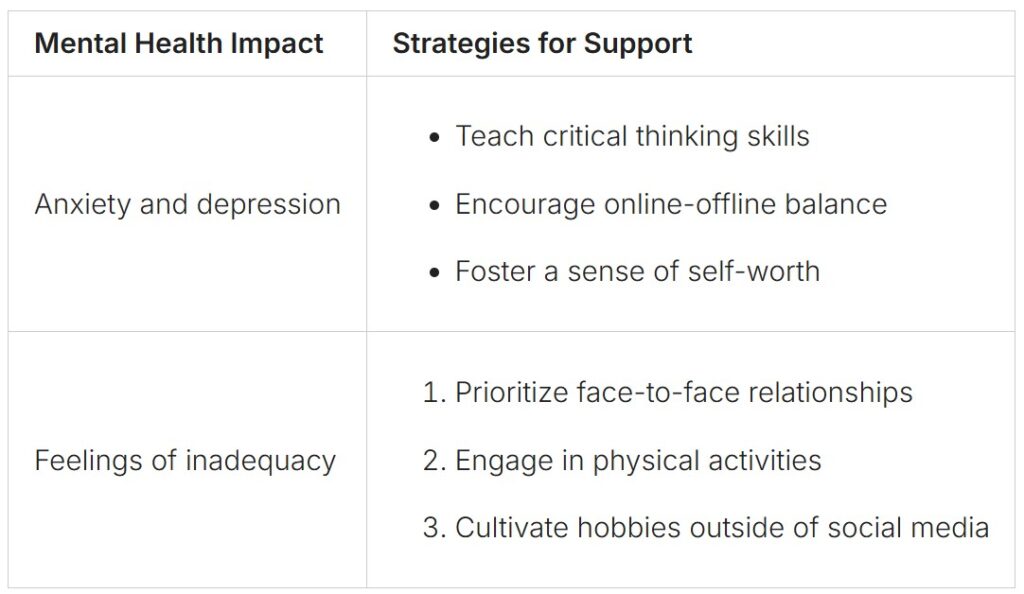
By focusing on young social media users’ mental health, we can help them be strong online. We also help them keep a healthy balance between their digital and real lives.
Parental Controls and Monitoring Tools
Keeping my kids safe online is a big deal for me. Luckily, there are many tools to help. These tools let me control what apps they use and watch their online activities.
Many social media apps, like TikTok, Instagram, and Snapchat, have built-in controls. These controls let me limit their time and block bad content. They’re a good first step in keeping them safe online.
There are also third-party tools for more detailed control. Apps like mSpy, Eyezy, and Parentaler track their online actions and alert me to problems. They can even block certain apps or websites.
| Parental Control Tool | Key Features | Pricing |
|---|---|---|
| mSpy | – Web and app monitoring – Alerts for cyberbullying and online predators – Screen time management – Location tracking – Keylogger and screen recorder (Premium plan) | – $21.00/month (1 month) – $14.00/month (3 months) – $11.67/month (12 months) – $28.00/month (Family Kit for 3 devices) |
| Eyezy | – Filtering and blocking of inappropriate content – Location tracking and geofencing – Activity reports – Social media monitoring (Premium plan) | – $7.99/month (billed annually) – $38.39/month (monthly) – $22.39/month (3 months) – $47.99/month (Ultimate plan) |
| Parentaler | – App blocking and scheduling – Usage time limits – Bedtime mode | – $39.99/year for a family plan |
Using these tools, I aim to keep my child safe without taking away their freedom. Talking openly and setting rules helps build trust and responsibility in the digital world.
“Parental controls are essential, but they should be used in a way that empowers children to develop self-discipline and critical thinking skills.”
How do parents find out if their children are evading social media restrictions?
You need a reliable parental control app to monitor kids’ social media usage and protect them from potential risks online. mSpy is an excellent tool that ensures parents stay informed and aware of their child’s digital activities.
Its advanced features make it the perfect solution for tackling these issues effectively. Here’s a look at what makes mSpy stand out in the field of parental control apps.
mSpy Features
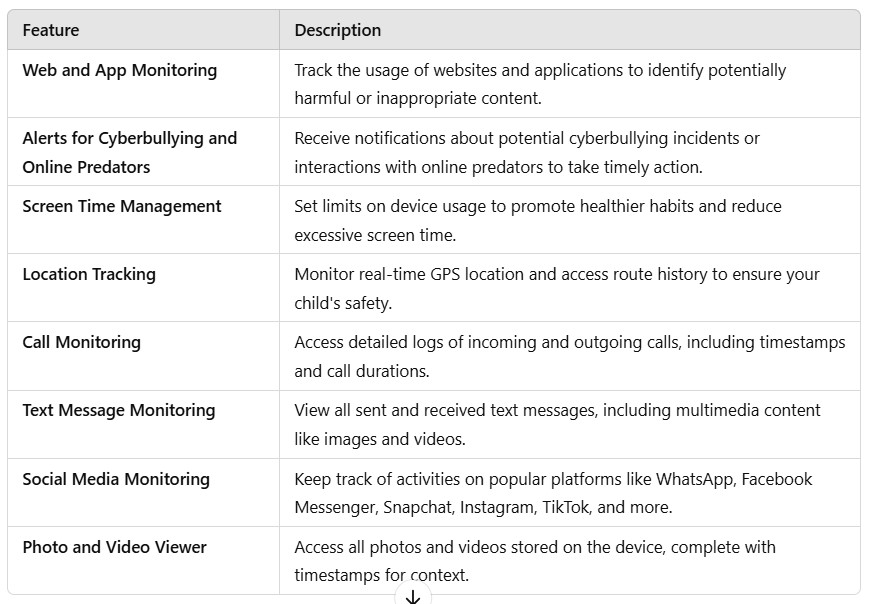
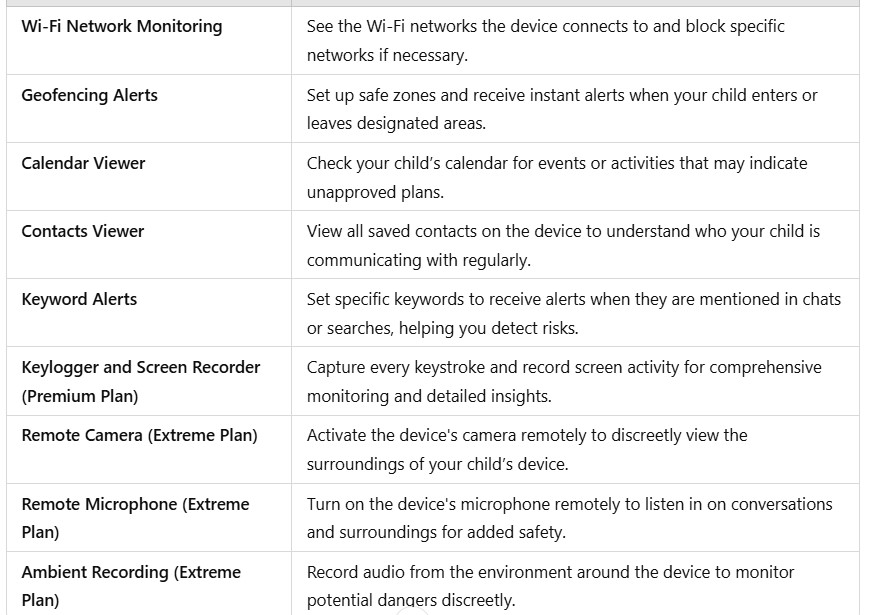
The Role of Parents in Social Media Education
As parents, we guide our kids through the digital world. Teaching them about social media usage for teens and cyberbullying prevention is key. We can help them use social media wisely by setting rules, teaching them how to behave online, and talking about privacy.
Creating Family Social Media Agreements
It’s important to have clear rules for social media. Talk to your kids and make a family agreement. This can include setting time limits, deciding what’s okay to post, and what happens if they don’t follow the rules. This way, they feel like they’re part of the decision-making process.
Teaching Responsible Online Behavior
- Show them how to be kind and respectful online.
- Teach them about digital citizenship, like avoiding cyberbullying and keeping their personal info safe.
- Help them learn to think critically and make good choices online.
Addressing Privacy Concerns Together
It’s important to talk about privacy on social media. Explain the importance of using privacy settings and being careful about what they share. Encourage them to protect their online privacy and to always come to you if they have any worries.
By working together, we can help our kids become smart and safe social media users. This teamwork helps them feel confident and make choices that reflect their values.
Conclusion
The right age for kids to use social media is not simple. Different sites have their own rules, but what’s best varies by child. It depends on their maturity, how well they understand technology, and if they can handle online life wisely.
It’s important to teach kids about appropriate age for kids to use social media and child online safety before they start using it. We should teach them about staying safe online, understanding their digital presence, and thinking critically in the digital world. By setting clear rules and guidelines, we can help them use social media in a healthy way.
Being aware, involved, and open with our kids is key. This way, they can enjoy social media’s good sides while facing its challenges. As kids grow up in a digital world, it’s our job to give them the skills and mindset to succeed.
FAQ
What is the appropriate age for kids to start using social media?
The right age for kids to start social media depends on their maturity and emotional readiness. Experts often suggest waiting until they are pre-teens, around 11-13 years old. At this age, they can have limited and supervised access to social media.
What are the potential benefits and risks of social media for children?
Social media can help kids communicate better and make new friends. It also lets them express themselves. But, it can expose them to bullying, bad content, and harm their mental health. It’s crucial for parents to watch over them and guide them online.
What are the age restrictions and guidelines for popular social media platforms?
Most big social media sites require users to be 13 or older. But, it’s important for parents to know each platform’s rules and privacy policies. This helps keep their kids safe online.
How can I tell if my child is ready to use social media responsibly?
Look for signs like understanding online safety and critical thinking about digital content. Also, if they’re open about their online activities with you. It’s also key for them to know how to use technology wisely before they start using social media.
What are some healthy usage guidelines and parental controls for social media?
Healthy social media habits include setting time limits and making device-free zones. It’s also important to talk openly about their online experiences. Tools for monitoring and controlling their use can help keep them safe online.
How can social media use impact the mental health of young users?
Too much social media can lead to anxiety, depression, and other mental health problems in kids. It’s vital to watch for these signs and help them stay grounded in the real world. Building digital resilience and keeping real-world connections is crucial.
What is the role of parents in educating children about responsible social media use?
Parents are key in teaching kids about social media. They should make family rules, teach online safety, and talk about privacy. Keeping the lines of communication open and working together to set healthy habits is essential for safe social media use.
